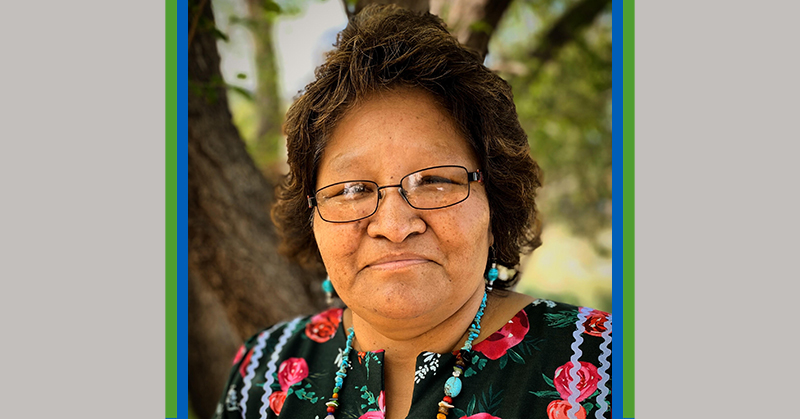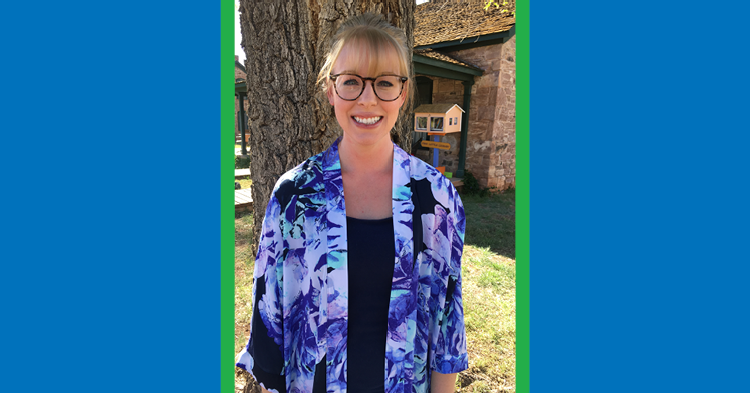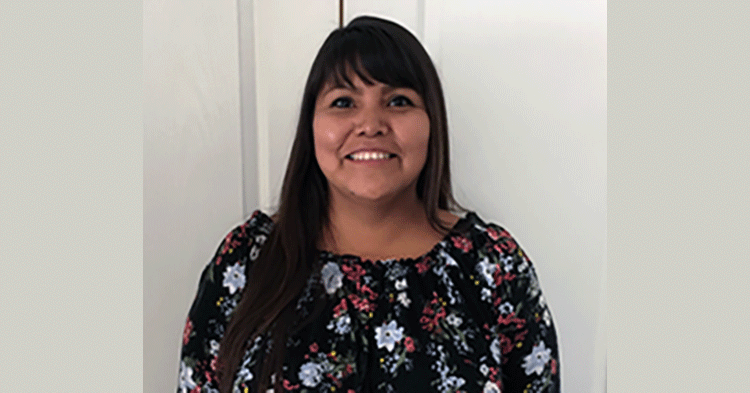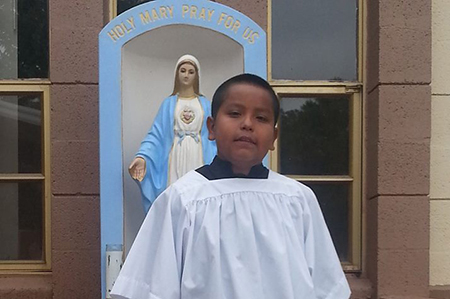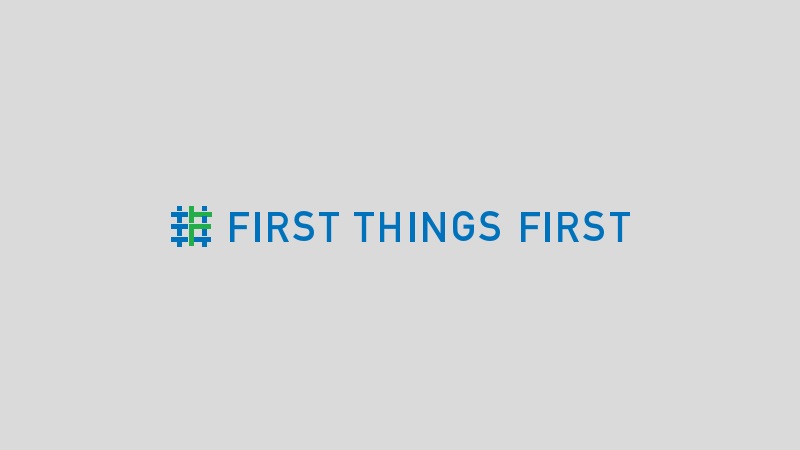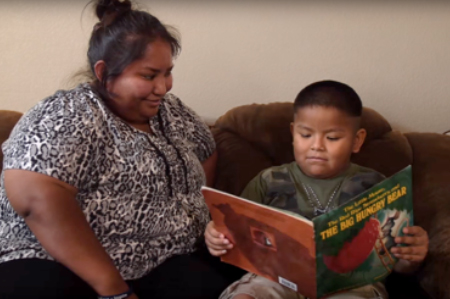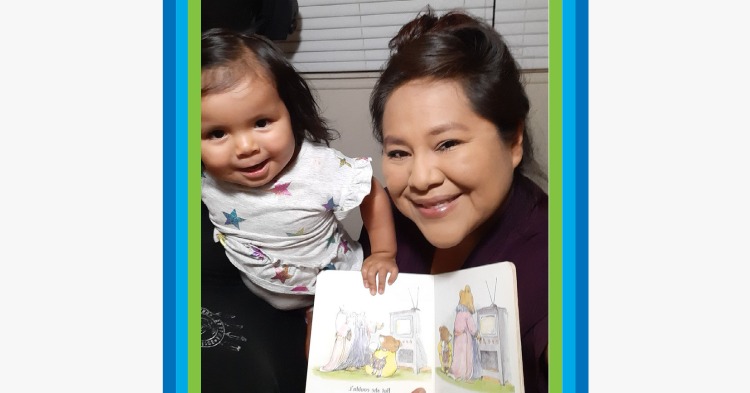
Joni Shipp takes her 1-year-old daughter, Keirstin, for well-child visits at the Whiteriver Indian Hospital and never leaves empty-handed.
“We get a new book with each visit,” said Shipp. “It has helped my husband and I want to read to her. When they gave us a book, I realized we could start reading now, because otherwise I would have only been using toys to help her learn.
You might be interested in:
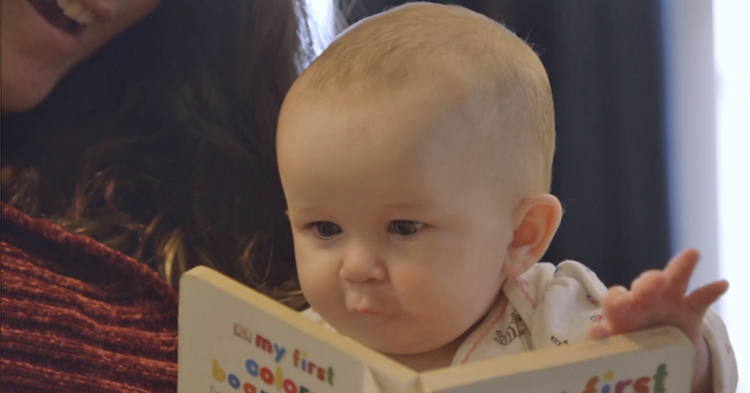
Every family that comes in for a well-child visit appointment gets an age-appropriate book and development information for their child. Dr. Amy McAuley and Elvia Allen, a nurse practitioner, work at the hospital and partner with the Reach Out and Read program to help boost literacy in the area.
Funded by the First Things First White Mountain Apache Tribe Regional Partnership Council, the program provides medical staff with books for children from birth to age 5. The doctors and nurses hand out the books to parents while discussing the benefits of reading and other early development information.
“During a visit, I’ll talk to parents about how reading helps to build attachment,” said McAuley. “I’ll demonstrate how to read to their child. I’ll also share how kids learn better from an adult rather than a screen. So I’m talking with parents about early development and reading at the same time.”
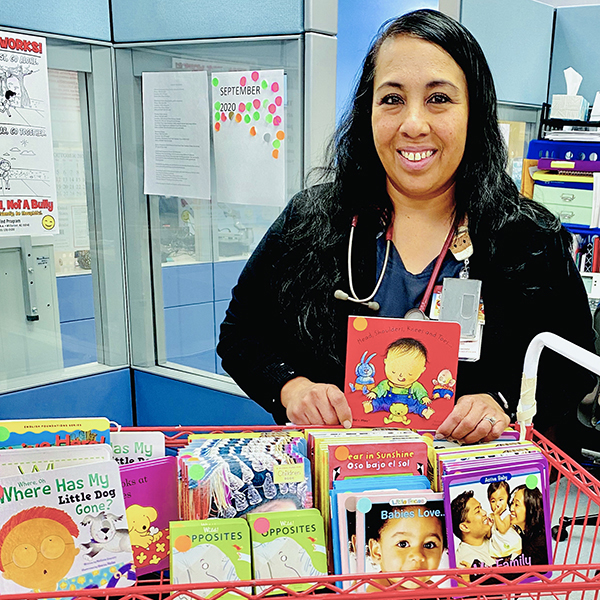 Allen, who coordinates the program, said that recommendations coming from a child’s health care provider can have a great impact on families. “Parents trust the child’s provider to ensure that age-appropriate, developmental milestones such as language skills are being met,” said Allen. “Reading to children promotes the development of language.”
Allen, who coordinates the program, said that recommendations coming from a child’s health care provider can have a great impact on families. “Parents trust the child’s provider to ensure that age-appropriate, developmental milestones such as language skills are being met,” said Allen. “Reading to children promotes the development of language.”
You might be interested in:
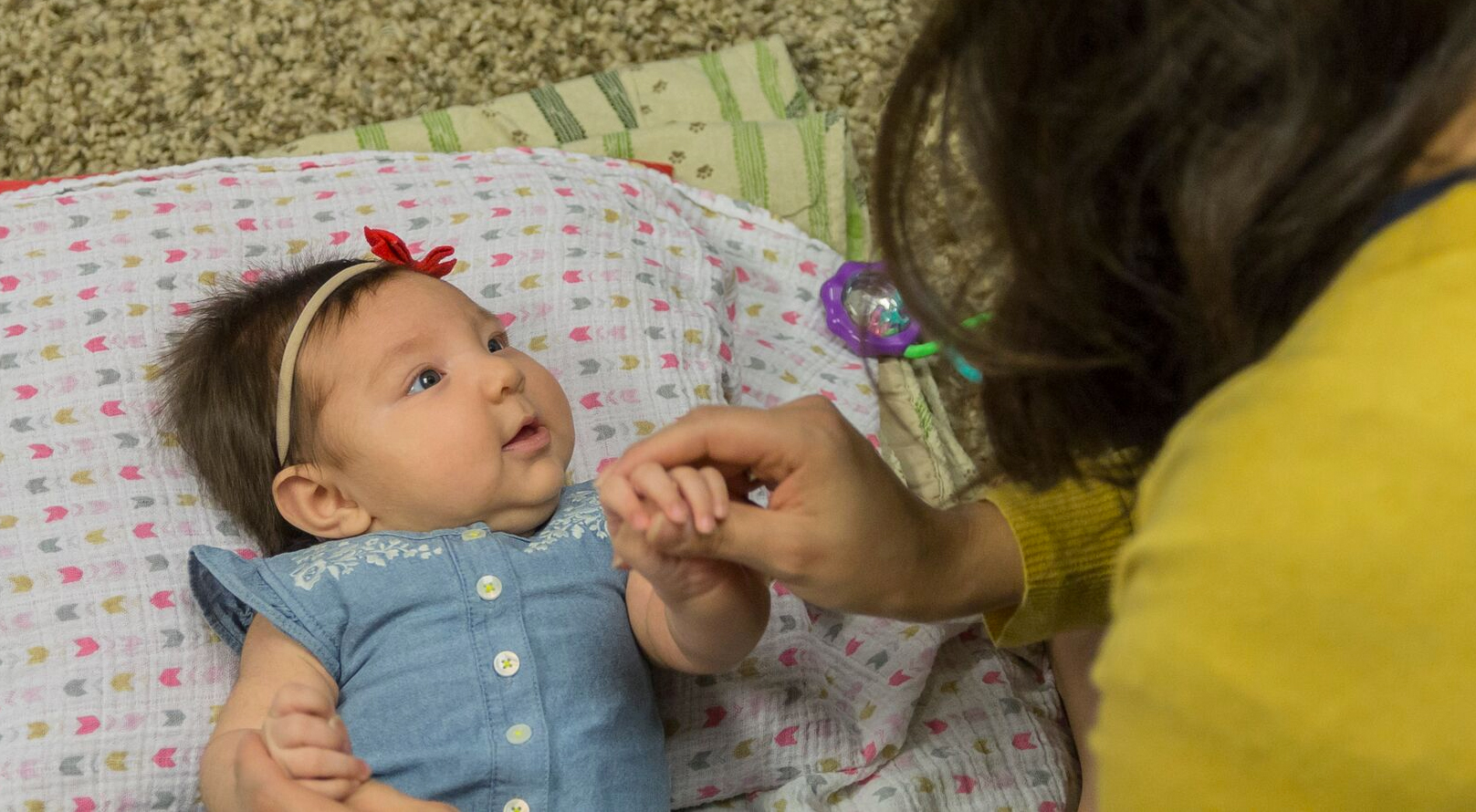
Sara Pena-Lee, Reach Out and Read program coordinator for the American Academy of Pediatrics-Arizona, has seen the program work in the region. “Parents are more likely to read at home after the pediatrician advises them to read to their child,” she said.
Pena-Lee provides medical staff with training on how to use the Reach Out and Read program, coordinates book drop offs and also provides bookmarks with nutrition tips and other early childhood development information.
The program has gained popularity and familiarity in the Whiteriver and Cibecue communities. Children and parents look forward to receiving a book with each visit and will request books for their other young children.
You might be interested in:
McAuley said the program is needed due to the difficulty in accessing books as the community is spread over a large geographical area. If a family wants to visit the library, they will have to find transportation. There are also many families living in poverty.
“There are a lot of people who don’t have running water or enough food to last them through the month,” said McAuley. “So they don’t have money for books.”
Shipp agreed.
“Books are very expensive,” she said. “The program also helped my daughter to have a good experience with the doctor visit and her first book. Just to be given that book, she was so happy. She has ownership of it. She knows the book is hers. We still have it.”
Along with the books, McAuley also provides blocks with letters on them for fine motor skill development and coloring pages with Native designs of animals with the names in English and Apache to instill pride in the Apache language. She also hangs posters with Apache language from the Language Conservancy to decorate patient rooms.
“I think that reading will open the world up for a person,” said McAuley. “It’s really invaluable.”


